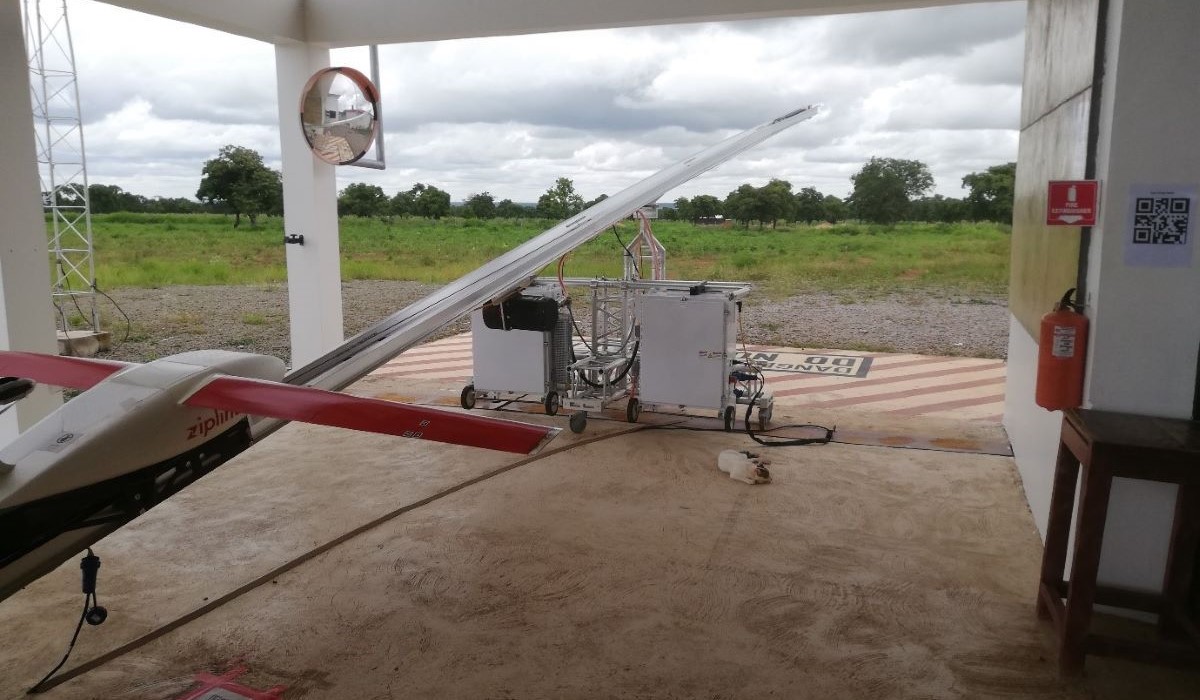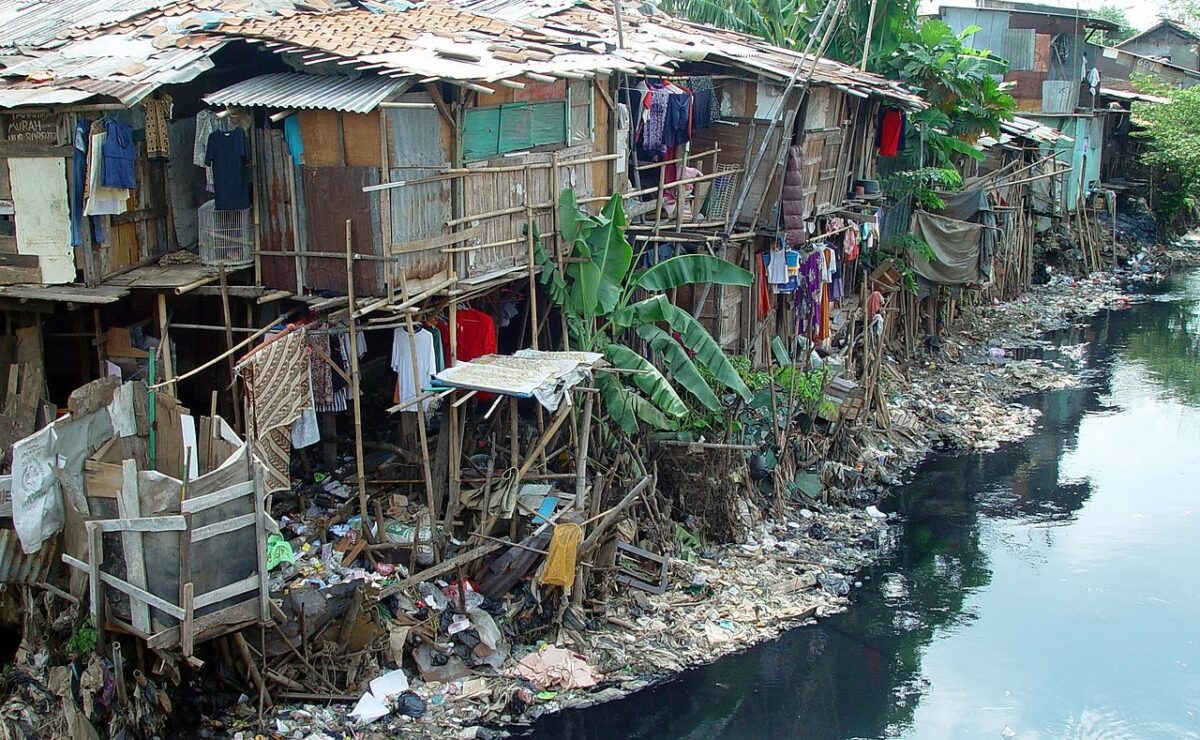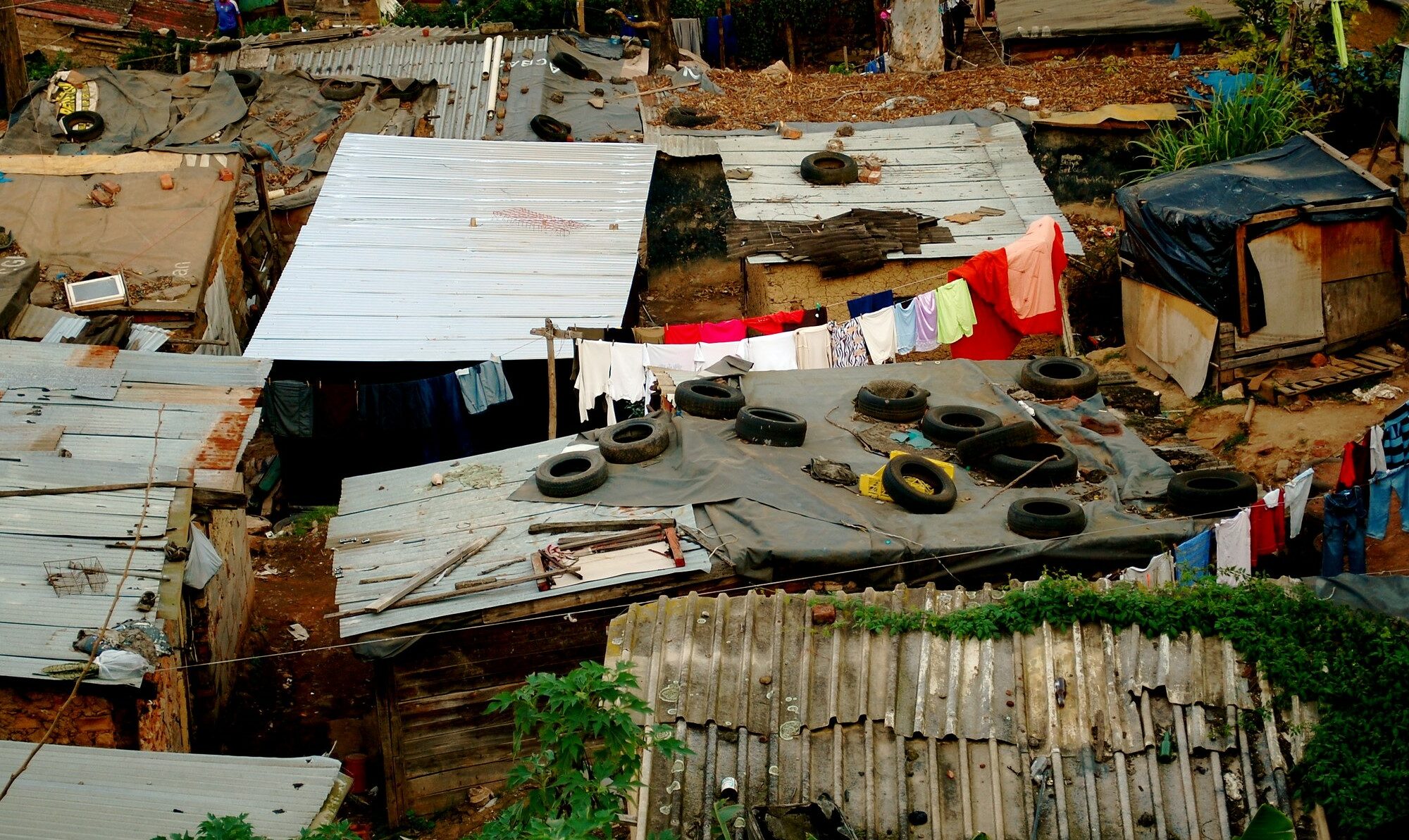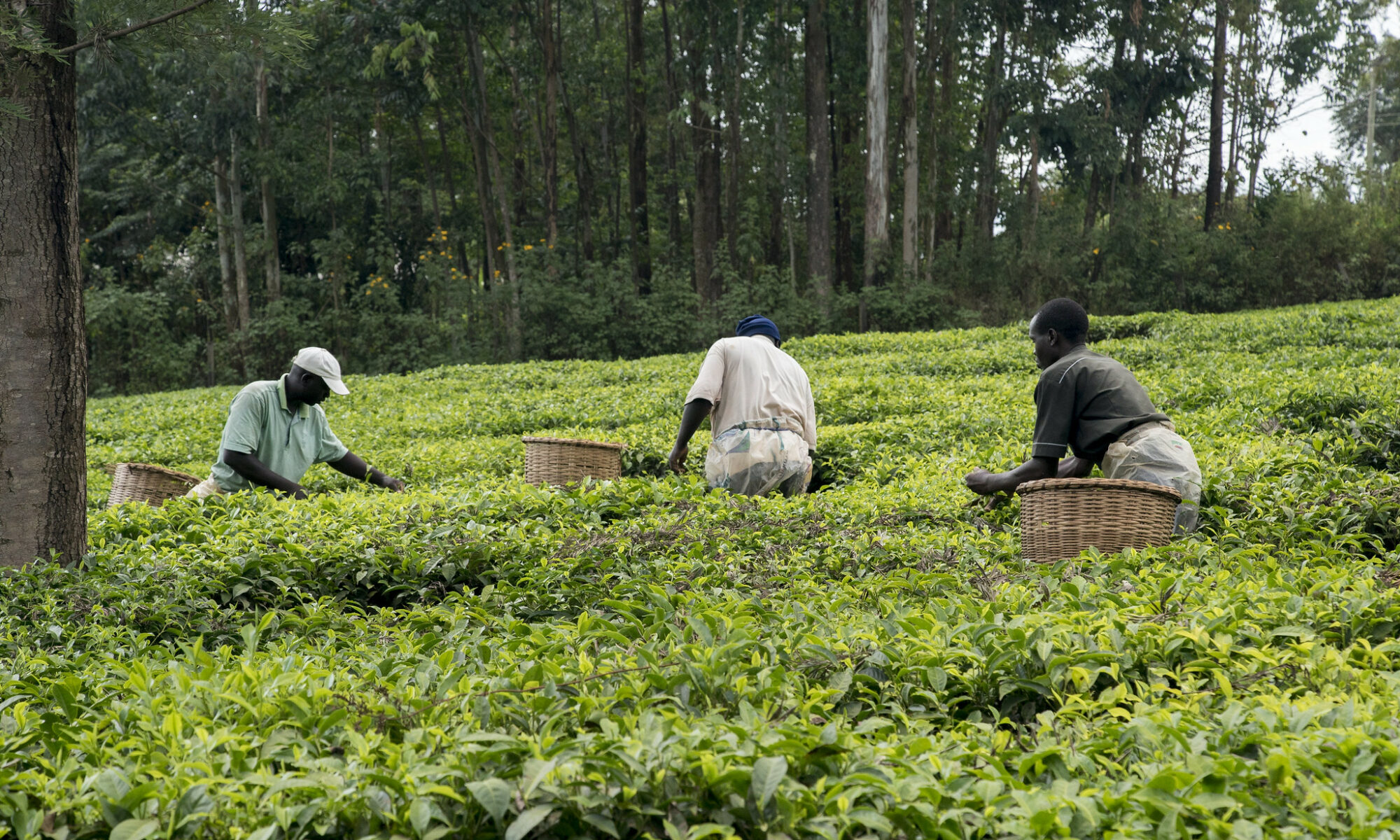By Edwin Ambani Ameso and Gift Mwonzora
While medical drones can be lauded as game-changing health technologies that help save lives, and usher efficiency and cost-effectiveness in the often contextualized as fragile African health systems, Edwin Ambani Ameso and Gift Mwonzora argue that this is not the complete picture.
Continue reading “Medical Drones in Africa: A Gamechanger for the Continent’s ‘Ailing’ Health Sector?”




